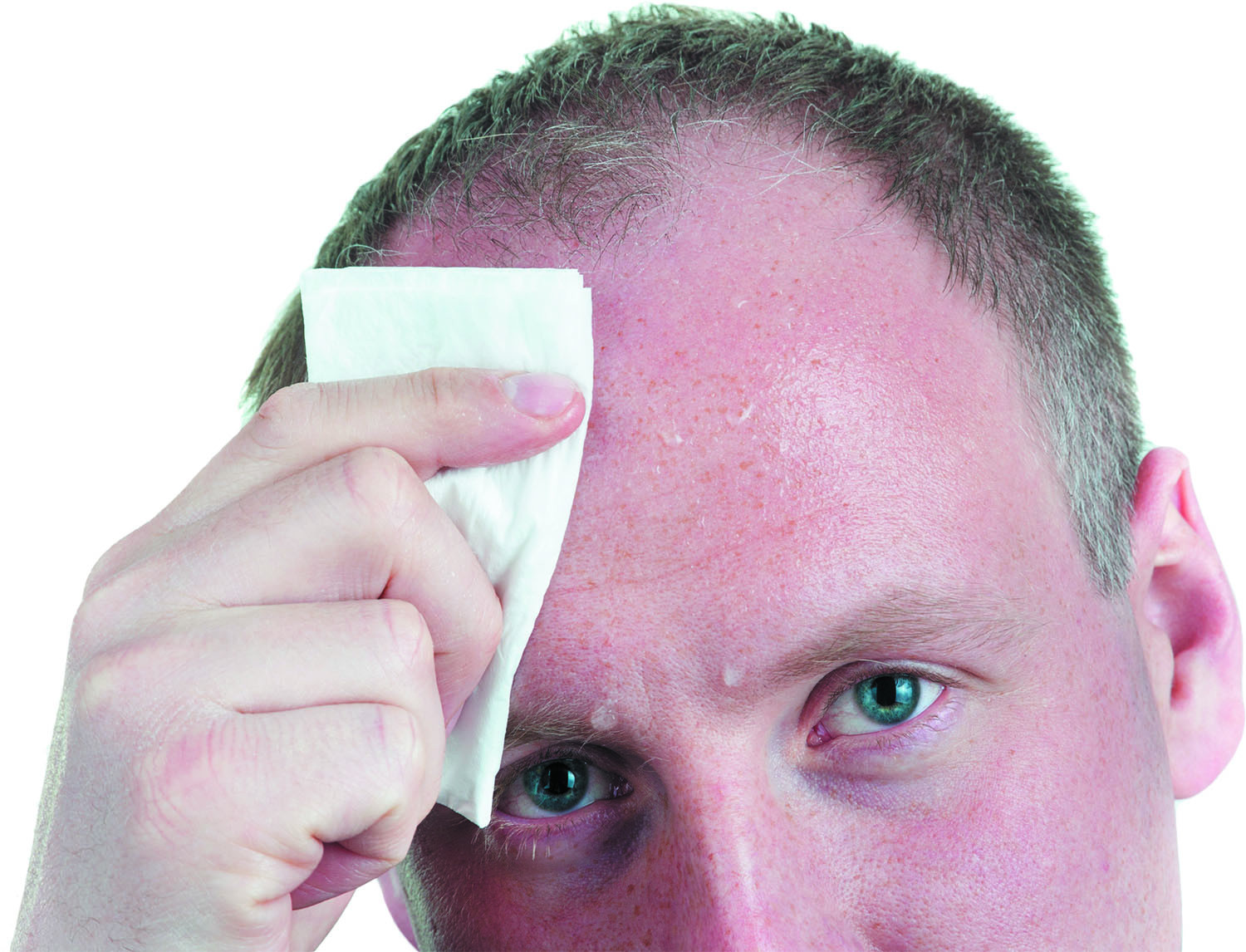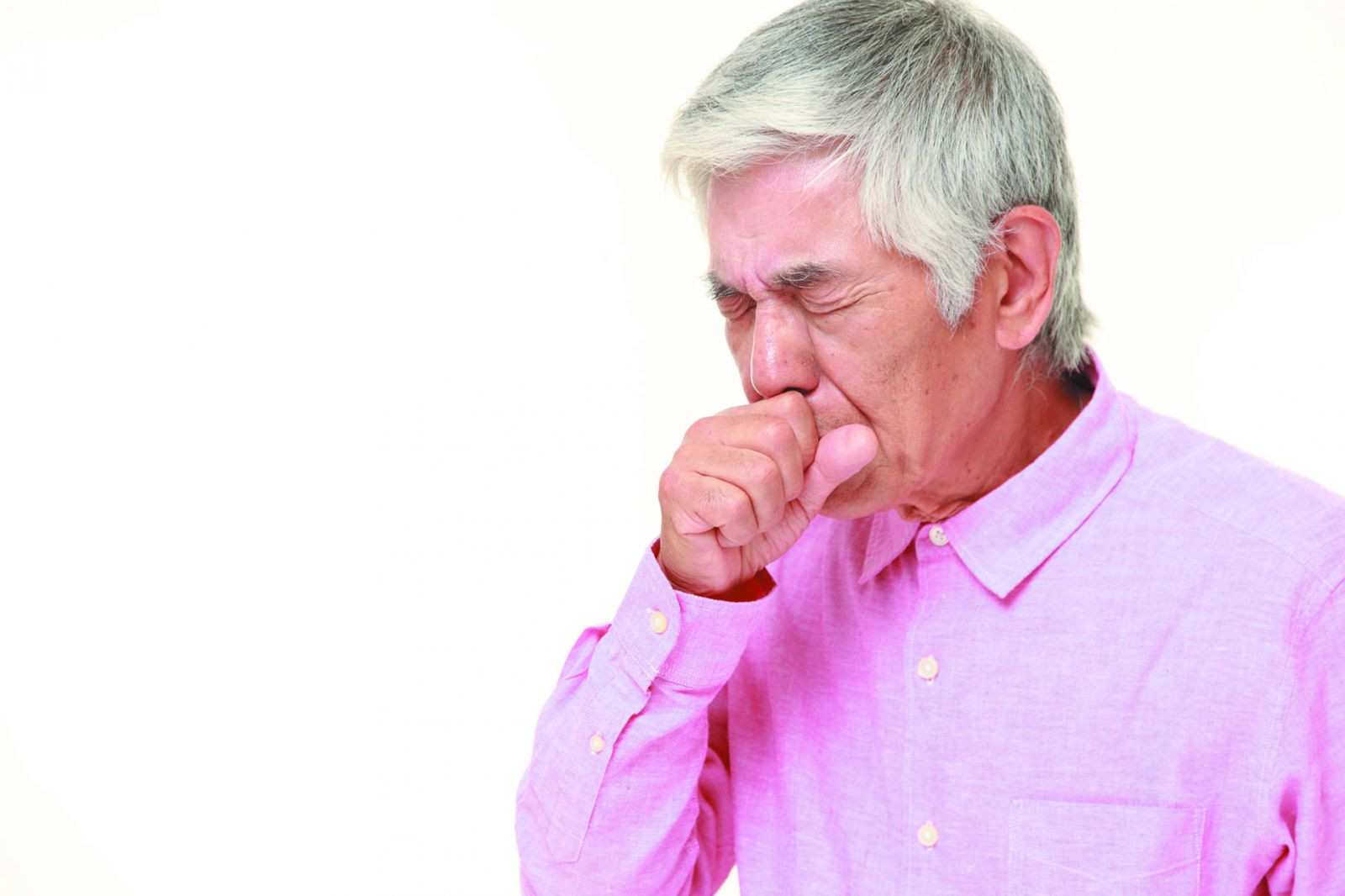
What are somatic workouts?

How to curb your stress eating

How to spot Parkinson’s disease symptoms

8 simple ways to reduce ultra-processed foods in your diet

Heart failure symptoms in women: How they’re different

GERD diet: Foods to avoid to reduce acid reflux

Strong is the new skinny

Everyday habits that sneakily weaken your bones

Don’t wait to get help for back pain

Correcting how you walk may ease osteoarthritis knee pain
Diseases & Conditions Archive
Articles
Electronic screen alert: Avoid this vision risk
Looking at a screen too long may lead to computer vision syndrome.
Image: © jacoblund/Thinkstock
There are many reasons to restrict the amount of time you spend in front of an electronic screen. For example, more hours sitting at a computer or smartphone means fewer hours of being physically active, and looking at a computer screen at night can stimulate the brain and make it difficult to fall asleep.
Here's another reason to curb screen time: a problem called computer vision syndrome — an umbrella term for conditions that result from looking at a computer or smartphone screen. "It's most prevalent with computers, and typically occurs when looking at a screen at arm's length or closer," says Dr. Matthew Gardiner, an ophthalmologist with Harvard-affiliated Massachusetts Eye and Ear Infirmary.
Hepatitis C: Still a major risk for baby boomers
News briefs
Image: © jarun011/Thinkstock
New cases of hepatitis C — a viral infection that attacks the liver — are at a 15-year high, according to surveillance data from the CDC released online May 11, 2017. The CDC estimates that there were about 34,000 new cases in 2015. Young adults (ages 20 to 29) account for most of the new infections, and the CDC attributes this to needle use from opioid addiction. But baby boomers (those born between 1945 and 1965) make up three-quarters of the 3.5 million people living with hepatitis C in the United States. Baby boomers are also the ones dying most often from the virus. New medicines can cure hepatitis C infections in as little as two to three months.
The CDC urges you to get a screening test for the virus if you were born between 1945 and 1965. Anyone who has used illicit intravenous drugs, had more than one sex partner, or who had a blood transfusion before 1992 also should get the test.
When is heavy sweating a problem?
On call
Image: © EunikaSopotnicka/Thinkstock
Q. I've noticed recently that I sweat excessively, regardless of the temperature. Should I be concerned?
A. Your genes can determine whether you sweat a lot, but a sudden change in your regular sweating may suggest an underlying condition. Sweating is regulated by your nervous system and can be triggered by a number of causes. The primary signal for perspiration originates in the brain in response to a temperature-related or emotional cue, and then is carried by the autonomic nervous system to the sweat glands in the skin.
Do I need to worry about floaters
A Harvard Medical School doctor answers a common eyesight question
Q: Recently, I started to notice tiny threadlike shapes in my field of vision. My doctor says they are "floaters." Should I be concerned?
A: "Floaters" is a catchall term for what look like dots, threads, or cobwebs drifting across your line of vision.
Are you at risk for COPD?
If you have a hacking cough and breathlessness, don't chalk it up to aging.
Maybe you never smoked, or you stopped decades ago. But you may still be at risk for chronic obstructive pulmonary disease (COPD). That's the umbrella term for a number of lung diseases that sometimes lead to disability and even death. "While about 80% of COPD cases are related to having smoked, 20% are not," says Dr. Bartolome Celli, a pulmonologist with Harvard-affiliated Brigham and Women's Hospital.
Diseases and symptoms
COPD includes emphysema, chronic bronchitis, severe asthma, or a combination of these conditions. They cause inflammation, destruction, or abnormal repair of airways and lung tissue, which reduces airflow and ultimately makes it harder to take in enough oxygen to supply the body.
Putting the brakes on a racing heart
A rapid heartbeat can be frightening, but this often-fleeting problem is usually harmless.
Image: © deeepblue/Thinkstock
If you're exercising or feeling very nervous, you expect your heart to beat faster than normal. But what if your heart sometimes starts racing out of the blue, for no apparent reason? You might have supraventricular tachycardia, or SVT. SVT is an umbrella term that covers several different types of rapid heart rhythms, all of which are caused by an electrical glitch in the upper part of the heart.
The most common SVTs are atrial fibrillation — a rapid, chaotic rhythm that increases the chance of having a stroke—and atrial flutter, a fast but usually regular heartbeat. But when cardiologists talk about SVT, they're usually referring to three different, less-common conditions (see "What is supraventricular tachycardia?").
Whatever happened to CRISPR?
Ask the doctor
Image: © ktsimage/Thinkstock
Q. Several years ago you wrote about a new technology called CRISPR that might make it possible to cure some incurable diseases. I keep hearing about this in the news. Is it any closer to reality?
A. Yes, there has been progress. What does CRISPR stand for? You don't want to know. What does it do? You do want to know, because it's pretty amazing. A colleague here at Harvard Medical School, Dr. George Church, says CRISPR enables a scientist to "edit any piece of any DNA a thousand times more easily and precisely than before, which is game-changing for gene therapies." Why would doctors and scientists want to "edit" DNA? Because disease is caused by genes that are not built properly or are not turned on and off properly. Both problems, theoretically, can be corrected by precisely editing the DNA that makes up those genes.
The "other" incontinence — don't suffer in silence
Most people who are suffer from fecal incontinence do so in silence. As a result, the number of people with the condition — which results in the involuntary release of gas or stool — isn't known. But the scant evidence at hand indicates that it usually begins during one's 40s or 50s.
You don't have to live with incontinence — there are treatment options, which include dietary changes and bowel training regimens, and surgery for some people.
Are you at risk for gout?
This common type of arthritis can show up suddenly and cause debilitating pain.
Image: © ThamKC/Thinkstock
The great artists Ludwig van Beethoven, Luciano Pavarotti, and Leonardo da Vinci had more than extraordinary talent in common; they were also sufferers of a type of inflammatory arthritis called gout. You may be at risk of joining their ranks if you have any potential triggers for the condition. "Most people are surprised by their initial gout diagnosis, unless they have a strong family history," says Dr. Mark Fisher, a rheumatologist at Harvard-affiliated Massachusetts General Hospital.
About gout
Gout is mostly a man's condition, although women can experience it, too. It's caused by a buildup of uric acid — a waste product from the breakdown of natural chemicals called purines (an essential part of DNA).

What are somatic workouts?

How to curb your stress eating

How to spot Parkinson’s disease symptoms

8 simple ways to reduce ultra-processed foods in your diet

Heart failure symptoms in women: How they’re different

GERD diet: Foods to avoid to reduce acid reflux

Strong is the new skinny

Everyday habits that sneakily weaken your bones

Don’t wait to get help for back pain

Correcting how you walk may ease osteoarthritis knee pain
Free Healthbeat Signup
Get the latest in health news delivered to your inbox!
Sign Up











